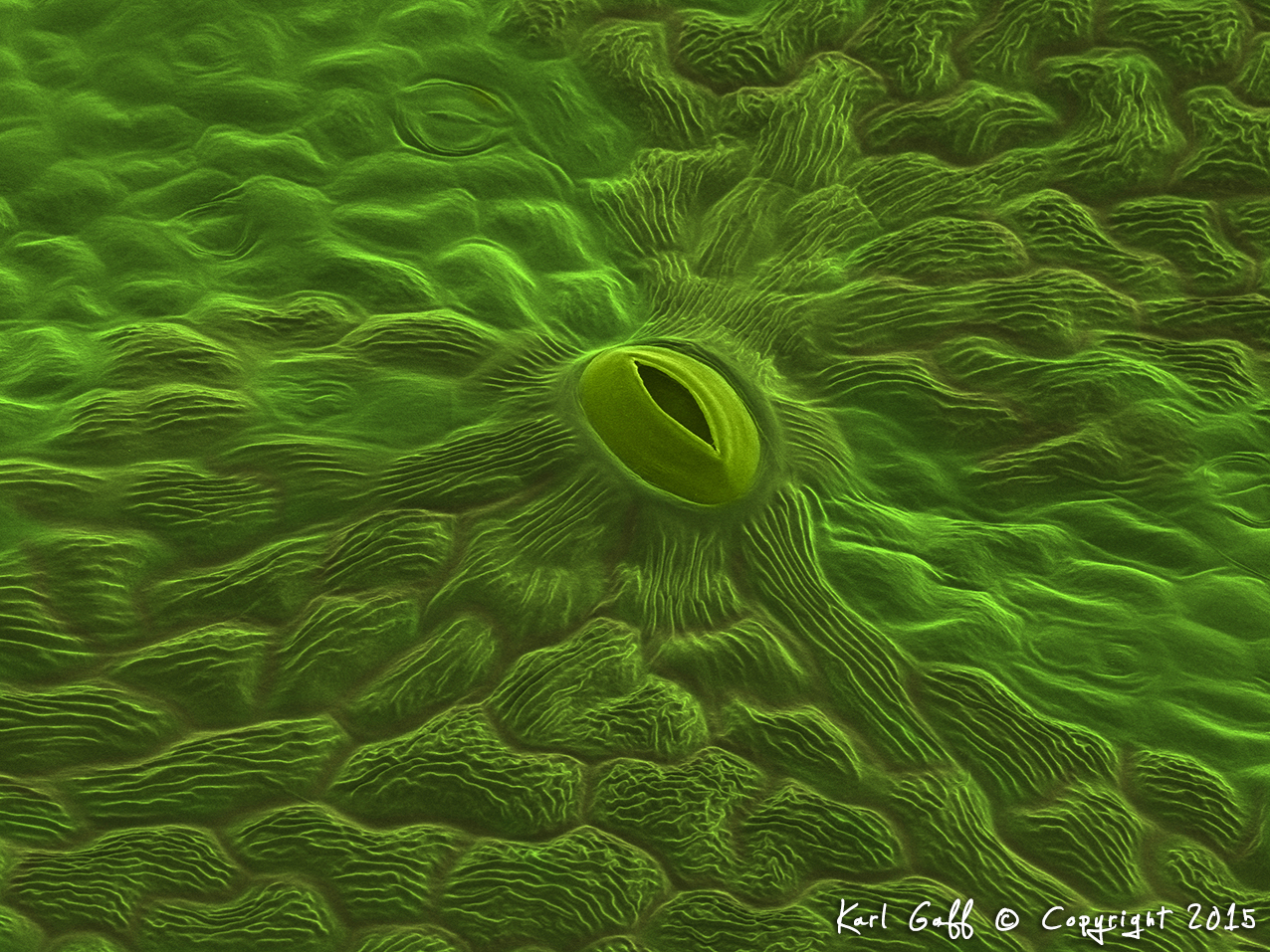My head was pounding! Sitting at my desk, the computer monitor glared painfully as I had struggled through some software installation instructions. Nothing was making sense. My manager was on the phone trying to explain things to me, but I just couldn’t get it and my head was killing me. Then, the thing that all women dread, I started to cry in the office. “I’ll call you back” I said quickly and hung up the phone. I made a dash for the ladies before anyone saw me. Mortified!
I got myself together and went back to my desk. Phoned my manager back and “Something something something, I could have you fired for insubordination for hanging up on me…”. Well jokes on you Manager, I have a brain virus!
It begins…
It all started when I was on a business trip in California. The noise of the air conditioner had been keeping me awake, so I slept with the window open. Mosquitos love me – I guess I’m tasty – so it meant nothing to me getting a few bites. But of course, I’m used to boring Irish mosquitos. How was I to expect that I had been bitten by a mosquito carrying California encephalitis orthobunyavirus.
About day eight in the California office, I suddenly started to feel really dizzy. I had never been a dizzy kind of girl – I wasn’t prone to fainting or low blood pressure – so I wrote it off as a symptom of the California heat.
By the time I got back to Dublin a few days later, I felt wretched. Again, though, I ignored it. It’s just jet-lag, put your big girl pants on, you’re fine! But that headache. It was constant. I woke up with it. I went to bed with it. I tried drinking more water and less coffee. I tried more coffee and less water. I ate painkillers like M&M’s but they did nothing. Tried the optician but no, my eyes were fine. I even went for a massage! All the things I’m willing to do before I’ll give in and go see a doctor.
To the doctors!!
After the phone incident with my manager I rang my GP and got an emergency appointment. My GP was amazing (he’s retired now) – he had been my GP for about 15 years, and he knew that if I darkened his door, it was because I had run out of options. I told him about the headaches – it was a constant pain in the left-hand side of my head. About how I couldn’t concentrate, and nothing was making sense. He did the usual tests – blood pressure was ok, but temperature was up. There was swelling in the back of my eyes (missed by the optician) and when he checked my reflexes – and this is where it gets fun – the reflexes on the right-hand side of my body were not working. At all!
He sat down in his fancy leather doctor chair and started to talk about viruses attacking different parts of the body. “…sometimes they go for the lungs, sometimes they go for the kidneys… “, I looked at him and said, “I have a virus in my brain, don’t I?” Indeed, I did.
Sleep time
As much as I hate going to the doctors, I hate hospitals even more. He had told me that I should go to hospital. I asked him what would happen once I got there. He said they would probably do a spinal tap. I said no. And yes, I know that was stupid, but I’m a needlephobe (in the stammering, shaking, hyperventilating way) and I already felt like crap. I would go to hospital, refuse consent for the spinal tap, have an argument with the lovely doctors, and then probably be sent home anyway for non-compliance. So, the plan was that I was to go home and sleep – sleep as much as humanly possible! I promised him if I got worse, I would turn myself in to A&E.
Home confusing home
I think I slept for about three days. Rather, I alternated between sleeping and lying very still in the dark. I couldn’t read or watch TV, I couldn’t play on my phone or listen to music because light and sound were agony. Normally I’m a pretty good daydreamer but even that hurt! After a few days in sensory confinement, my headache decreased to ‘bad hangover’ levels. About ten days after diagnosis, I was able to wander around the house. My head still hurt if I bent over or if I watched TV for too long, but I was on the mend – go team immune system!
The problem now, however, was that I was dotty as hell. I had no attention span and my short-term memory was clearly out of office. I would be in the kitchen making some lunch, and maybe my phone would ping. I would go check my phone…and then wander off and do something else. Later in the day I would find myself back in the kitchen, confused as to why there was a half-made sandwich on the kitchen counter.
It’s a weird experience, watching a memory form. Your head is full of swirling clouds that slowly start to come together to form a word. In that moment when the cloud is swirling, you’re trying to see what the word is going to be, but there is nothing. You just have to wait. I imagine this is what senility feels like.
It’s eh…ah… it’s a….
The memory loss had been difficult to deal with because you really feel like you’re losing your mind. The number of times my family would find me staring blankly at something because I just had no idea what it was, where it came from, or what I had been doing. Three weeks after I had first been diagnosed, I was able to go back to work. Lights and noise were still a little difficult, I couldn’t drink coffee as it would give me a headache – but I was functional.
Then came the aphasia. For anyone who doesn’t know, aphasia is the inability to understand language. Usually as a result of brain damage, commonly caused by stroke. As an academic, I found this fascinating. As a 29 year old, it was devastating.
I would be working away, all good here, drinking my (ugh!) decaf. When all of a sudden, like flicking a switch, I would lose my language. Let me explain what an aphasia episode is like – it’s bizarre! Everything around you is carrying on as normal. You’re not disorientated or confused, you don’t feel unwell in any way, and time is moving at the right speed. It’s just that everyone has suddenly started speaking a language you don’t understand. At all.
Writing means nothing to you. When you look at words on a page, the words stand out because they mean something to our brains. But suddenly, the words don’t stand out any more. They’re not even shapes and symbols, they’re just part of the page now. The freakiest part though, is that you can’t think. Because you need words to think. The noise of the world is continuing as normal but inside your head is stone…cold…silent. You can’t even think “oh sh*t, I’m having an aphasia attack”. So, you just sit there and wait. The clouds start to swirl, and a handful at a time, words come back. The attacks would only last about ten seconds, so I mostly got away without people noticing.
Me and my brain
I like to tell this story and joke about my brain virus, but the fact is, I was terrified. The bouts of aphasia lasted about four or five months – I thought they’d never go away. Only a small handful of people knew about them, and that was so I could have back up if it struck at a bad time.
The emotional aftermath is that I am incredibly paranoid about getting headaches – any time I get one I think it’s the virus back for revenge. I can be forgetful, but I’m pretty sure it’s the same level of forgetfulness that I was before. However, I do still lose words. I’ll be talking and half way through my sentence, the word I want will disappear. Not even in the “oh what’s the word for…” way, in a ‘the computer screen suddenly went black’ way. Although I can’t be 100% sure that this is something from the encephalitis.
As a scientist, it’s your job to be smart and remember things! When you can’t do that – or rather, when that’s taken away from you – it’s awful. Like losing part of who you are. I was incredibly lucky that I came out of this unscathed. Viral encephalitis is not something to take lightly and I was stupid not to go to hospital. In extreme cases it can lead to permanent brain damage and seizures. Thankfully, MRIs have confirmed that my brain is still in there and is still in one piece.
So, the moral of the story, boys and girls, is to love your brain! You’re a scientist dammit – embrace our fascinating world and learn every interesting thing that you can. That, and don’t sleep in semi-tropical environments with the windows open.



